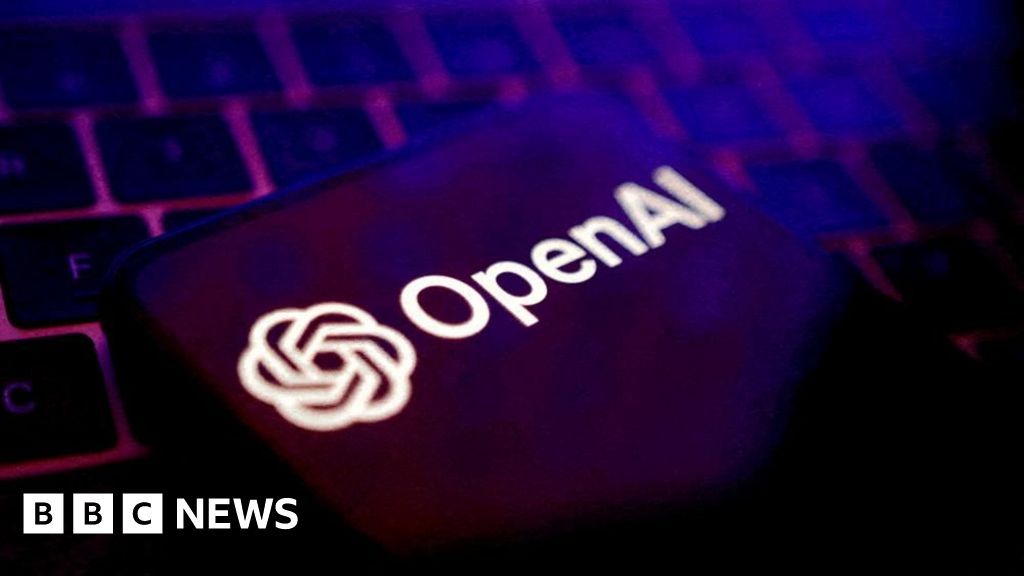
OpenAI Board Dismisses Elon Musk’s $100 Billion Bid for ChatGPT Creator
The board of directors at OpenAI has formally declined Elon Musk’s unsolicited offer of nearly $100 billion to acquire the company behind ChatGPT, the most recognized artificial intelligence (AI) tool globally.
However, experts suggest that Musk’s bid may not be entirely fruitless. It could complicate CEO Sam Altman’s ambitions to convert OpenAI from a non-profit organization to a for-profit enterprise. According to Johnnie Penn, an associate teaching professor at the University of Cambridge, Musk seems to be attempting to hinder OpenAI’s expansion plans.
Recently, Musk, along with a group of investors that includes Hollywood superagent Ari Emanuel, proposed a substantial $97.4 billion (£78.4 billion) bid to take over all of OpenAI’s assets. While this figure is significant, it falls short of the company’s valuation of $157 billion during a funding round just four months ago, and well below the estimated $300 billion value some believe it could command now.
A crucial factor in the situation is OpenAI’s distinctive hybrid structure, which features both non-profit and for-profit components. Reports indicate that Mr. Altman intends to eliminate the non-profit board as part of this transition. Musk’s offer appears to be inflating costs associated with that change.
Musk’s actions seem aimed at increasing the perceived value of OpenAI’s non-profit segment, making it pricier for Altman to separate from those obligations. Dr. Penn notes that Musk’s bid effectively sets a valuation on the non-profit assets, complicating their potential split.
Musk has expressed that his motive is to steer OpenAI back to its founding mission of developing AI for the greater good. Critics, however, propose that he may have less altruistic intentions tied to his own AI venture, xAI, and its chatbot Grok, which has not gained strong public traction.
Dismissive of Musk’s approach, Mr. Finger remarks that Musk may feel left behind in the AI race and is now trying to undermine a powerful competitor. Tensions have escalated, with Altman publicly mocking Musk’s offer on social media, prompting Musk to label his former partner a "swindler." Altman countered, stating in a Bloomberg interview that Musk is not a "happy person" and that his actions stem from insecurity.
This escalating rivalry has also moved into the court system, where U.S. District Judge Yvonne Gonzalez Rogers is deliberating on Musk’s request for an injunction that would prevent OpenAI from executing its planned transition. Musk asserts that without intervention, he would face irreparable harm.
During a recent court session in Oakland, California, Judge Gonzalez Rogers noted, "It is plausible that what Mr. Musk is saying is true. We’ll find out. He’ll sit on the stand." OpenAI’s legal team claims Musk’s recent offer contradicts previous statements he made regarding the transferability of the organization’s assets for private benefit.
Some observers believe that Musk’s true intention may not be to strike a deal. Karl Freund, founder and principal analyst at Cambrian-AI, suggests that Musk might simply be trying to generate media attention and stir controversy. However, this strategy could ultimately tarnish Musk’s reputation, despite his successes in innovating remarkable companies.









